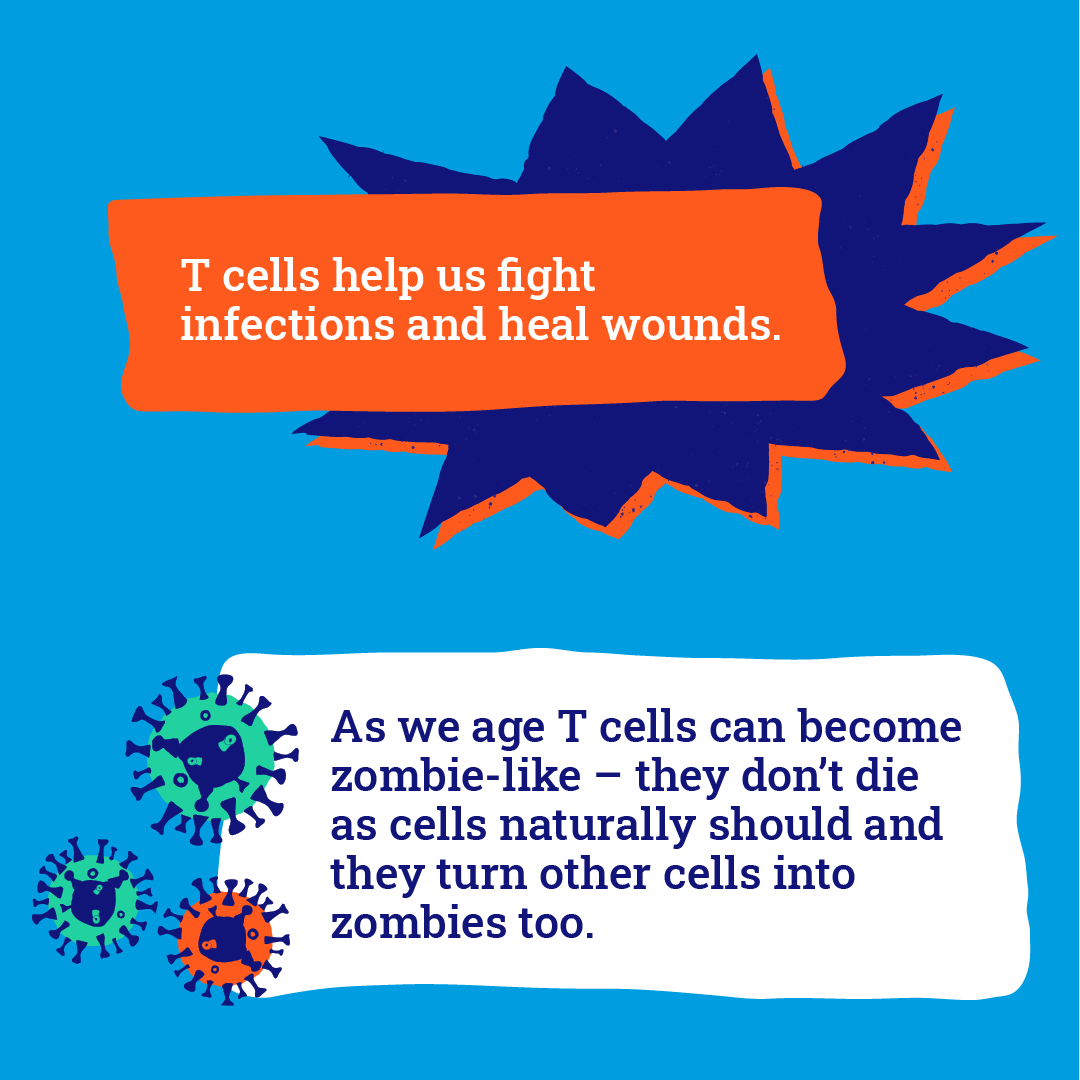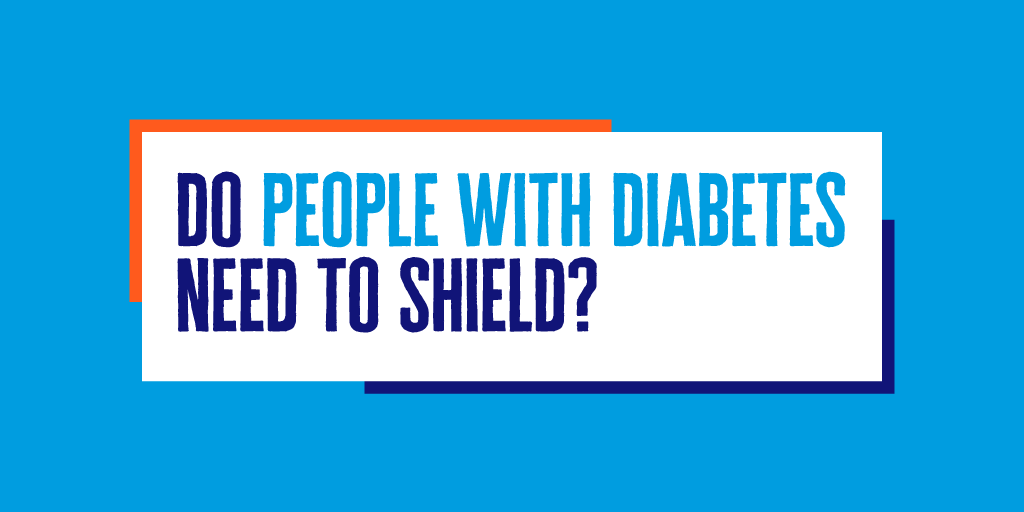
🔬 Today, we have one final #LabToLife story lined up for you as we get ready for #WorldDiabetesDay tomorrow!
Today we’re hearing from Beth Williams, a PhD student whose research is looking at how we might be able to prevent kidney disease in people with diabetes… (1/9)
Today we’re hearing from Beth Williams, a PhD student whose research is looking at how we might be able to prevent kidney disease in people with diabetes… (1/9)

💬 “Diabetes affects so many people worldwide, and I was fascinated by the fact that one condition can lead to such a variety of secondary complications – the treatments for which, are very limited.” (2/9)
“I knew the importance of research in improving this, which inspired me to pursue a PhD in diabetic kidney disease.” (3/9)
“The prospect of making a difference motivates me every day. It is so humbling to know that my research may be able to play a role in improving the lives of individuals with diabetic kidney disease.” (4/9)
“The most challenging part of my job is finding unexpected results. These can be frustrating, and it can feel like it is two steps forward, three steps back. However, it is often the unexpected results which can lead to the most exciting discoveries!” (5/9)
“We have come a long way since the discovery of insulin 100 years ago. I am really interested in the improvement of technologies surrounding diabetes, specifically the artificial pancreas system.” (6/9)
“The use of these seems to have revolutionised the ability of those with diabetes to manage their condition.” (7/9)
“When I’m not in the lab, I find playing and listening to music a brilliant stress reliever and I am fascinated by communication through language – so you will often find me trying to improve my German skills, when I get the chance!” (8/9) 

“Fun fact: I am a trained barista and I have a pet tortoise!”
💙 Thanks so much for sharing, Beth! If you’d like to read more about Beth’s research into diabetes and kidney disease, head to our website:
diabetes.org.uk/research/our-r…
(9/9)
💙 Thanks so much for sharing, Beth! If you’d like to read more about Beth’s research into diabetes and kidney disease, head to our website:
diabetes.org.uk/research/our-r…
(9/9)

• • •
Missing some Tweet in this thread? You can try to
force a refresh










